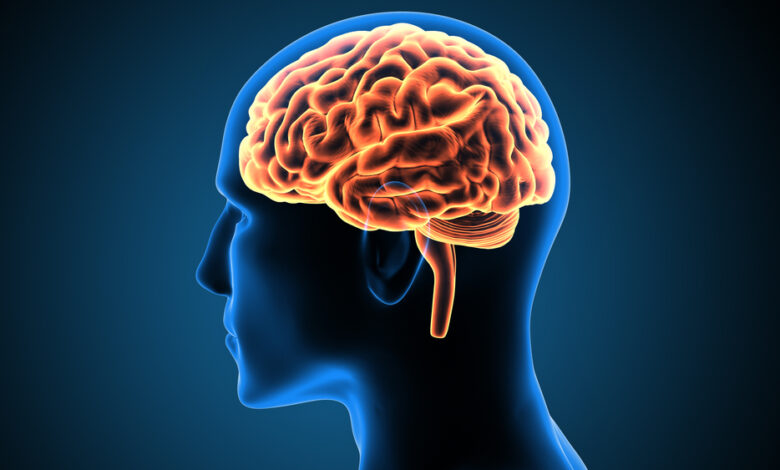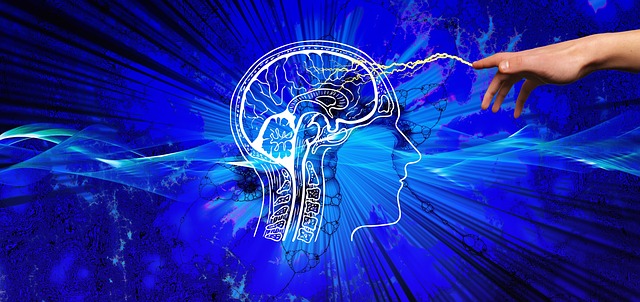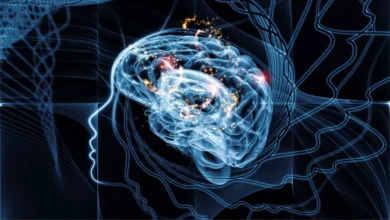Scientists create artificial brain cells using water and salt
The study unveils a new type of device called an Iontronic Memristor.

In a groundbreaking discovery, scientists have developed artificial brain cells using a simple mix of water and salt, mimicking the natural ingredients of the human brain.
The team from Utrecht University in the Netherlands and Sogang University in South Korea created these artificial neurological junctions, called synapses, which could revolutionize the development of advanced computers.
Published in the journal Proceedings of the National Academy of Sciences, the study unveils a new type of device called an Iontronic Memristor. These tiny devices, only 150 by 200 micrometers wide, carry water and salt inside and remember previous electrical charges that have flowed through them.
Unlike conventional computer systems that rely on solid materials, these artificial brain cells operate using the same medium as the human brain, potentially paving the way for computers capable of mimicking human brain communication patterns.

Tim Kamsma, a theoretical physicist from Utrecht University, emphasizes the significance of this advancement. He explains that while artificial synapses based on solid materials already exist, this study demonstrates that similar functions can be achieved using water and salt.
By replicating neuronal behaviour with a system employing the same medium as the brain, scientists have taken a crucial step towards the creation of artificial human brain systems.
You might also be interested in – Study suggests: making new memories can damage your brain cells



